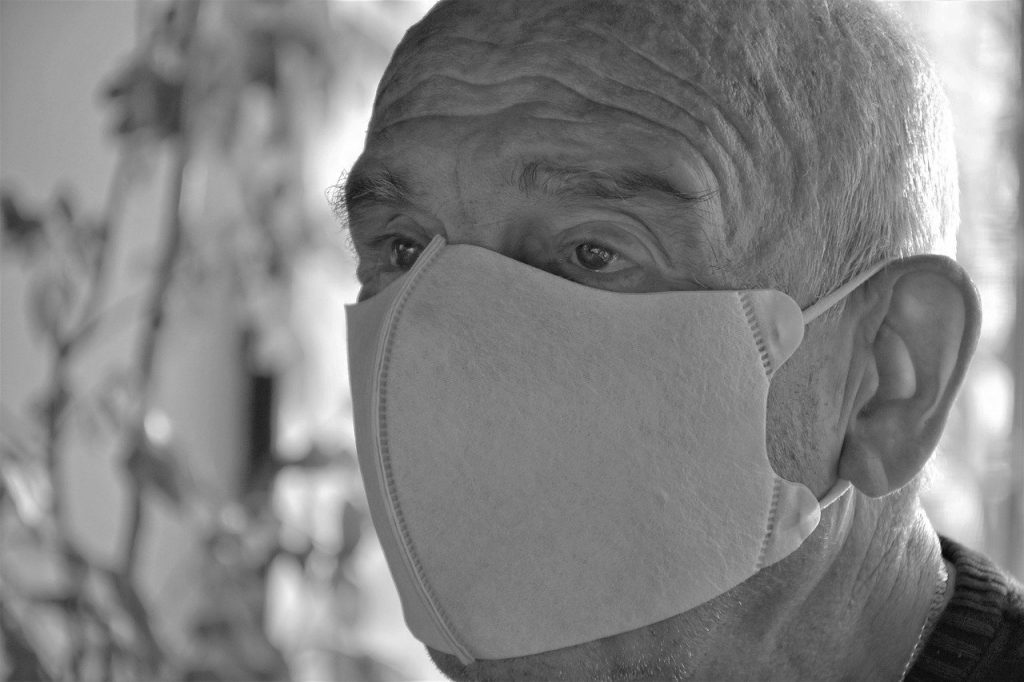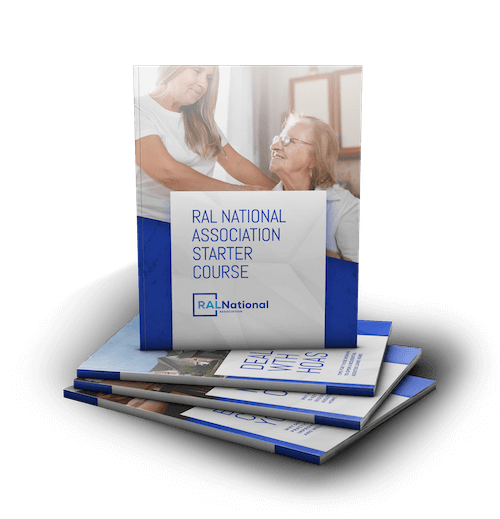The Residential Assisted Living National Association (RALNA) is committed to providing resources to support quality senior care across the country.
As the coronavirus pandemic rapidly spreads, our aim is to ensure the public that smaller residential assisted living homes provide safe environments.
During a recent RALNA survey, owners and operators shared information about how the pandemic is affecting lives in their RAL homes.
This survey is not an exhaustive analysis of how the virus is affecting all assisted living homes.
The survey illustrates a basic snapshot of how 177 RAL homes across the country have increased their immunity to COVID-19.
Based on CDC guidelines, fewer individuals occupying spaces limit the chances of spreading COVID-19.
According to these standards, smaller residential assisted living homes are safer for seniors in many aspects.
To protect seniors and staff against coronavirus, proper precautions of wearing masks, washing hands and disinfecting surfaces should be maintained.
This is a terribly difficult time for everyone around the world. However, seniors still need assistance with activities of daily living.
As a result, RALNA holds the position that the best place for senior care is in smaller, quality RAL homes.
Smaller facilities with fewer residents and staff, with lower senior-to-staff ratios, provide residents with more personal and responsive care.
Fewer numbers of caregivers and support staff coming in and out daily lowers the risk of the spread of communicable diseases or viruses.
SNAPSHOT SURVEY RESULTS
According to the results of our snapshot survey which provides a glimpse of how COVID-19 is impacting residential assisted living homes across the nation.
RALNA surveyed 1,500 members and 8,000 non-members and secured a total of 177 detailed responses?
There were no positive cases or COVID related deaths associated with RALNA member homes.
RALNA surveyed and calculated percentages based on number of residents, not residential assisted living homes.
RALNA SURVEY CALCULATIONS
· Number of Responses: 177
· Number of total residents: 1,755
· Number of positive cases amongst staff: 1
· Number of positive cases in residents: 4
· Number of deaths due to COVID 19: 2
· Percentage of deaths out of total: 0.001%
· Percentage of positive cases out of total: 0.002%
STATES THAT RESPONDED
Alaska (1%)
Arizona (16%)
California (19%)
Colorado (2%)
Florida (6%)
Georgia (3%)
Hawaii (2%)
Idaho (1%)
Illinois (<1%)
Louisiana (2%)
Maryland (7.5%)
Michigan (5%)
Minnesota (1%)
Missouri (<1%)
Mississippi (2%)
Montana (2%)
North Carolina (<1%)
Nebraska (<1%)
New Jersey (<1%)
New Mexico (1%)
Oregon (7%)
Rhode Island (<1%)
South Carolina (2%)
Texas (7%)
Utah (2%)
Washington (7.5%)
Wisconsin (1%)
RALNA SURVEY PAINTS A BIGGER A PICTURE
Based on the snapshot survey, COVID-19 appears to be having a limited impact on residential assisted living homes, especially in comparison to big box nursing facilities.
Based on feedback from placement vendors, there has been a huge increase in individuals searching for small senior care homes.
Many seniors are seeking to transition into a new type of assisted living for added safety precautions and protection during the pandemic.
Comfort, safety, and quality care are responsible roles that residential assisted living home owners and operators take seriously.
Seniors, along with their families and friends depend on quality senior care for the health and wellbeing of their loved ones.
While doctors and CDC virologists are concluding that smaller assisted living homes are better, RALNA took this position long before the pandemic.
A smaller number of occupants and less staff offers safer living conditions for seniors.
There are obviously still risks in any size community or facility, but smaller RAL homes are inevitably the safer choice.
This is why the residential assisted living industry will continue to thrive in the midst of the current pandemic. Visit www.RALNA.com for more information about membership and resources.











